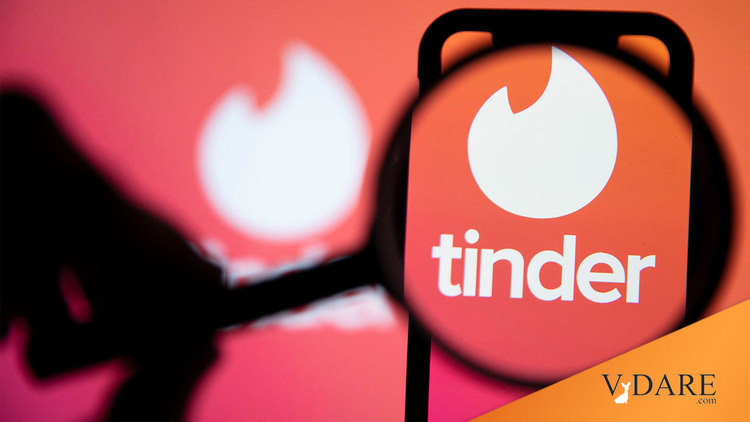
09/03/2022
From The New York Times news section “Well”:
‘A Decade of Fruitless Searching’: The Toll of Dating App Burnout
Ten years after the launch of Tinder, some long-term online daters say endless swiping has been bad for their mental health.
By Catherine Pearson
Aug. 31, 2022
Who could have known that a dating app for heterosexual women looking for love, Tinder, that was a knockoff of an app, Grindr, for gay men looking for sex wouldn’t bring women happiness?
Abby, 28, has been on dating apps for eight years, bouncing between OkCupid, Bumble, Tinder, eHarmony, Match, WooPlus, Coffee Meets Bagel and Hinge. A committed user, she can easily spend two or more hours a day piling up matches, messaging back and forth, and planning dates with men who seem promising.
But really, she is just over it all: the swiping, the monotonous getting-to-know-you conversations and the self-doubt that creeps in when one of her matches fizzles. Not a single long-term relationship has blossomed from her efforts.
…Yet despite all of it — the time, the tedium and the safety concerns — Abby feels compelled to keep scrolling, driven by a mix of optimism and the fear that if she logs off, she’ll miss her shot at meeting someone amazing.
She’s an attentionaholic. Lots of women are, but now technology can deliver masculine attention anytime she wants.
On the other hand, this Guardian article claims, using impeccable woke logic, that the problem with Tinder must be that it isn’t enough like Grindr:
Why isn’t there a Grindr for straight people?
Tinder is not the straight Grindr and never will be — so why are there not more venues for straight people to arrange casual sex? Moira Weigel investigatesMoira Weigel
@moiragweigel
Sun 22 May 2016 07.00 EDT…My editor asked me to write a piece on what seems to be a perennial question: why isn’t there Grindr (a dating app for gay men with a reputation for facilitating quick hook-ups) for straight people? In other words, why, after decades of feminism and sexual revolution, at a time when new HIV infection rates aren’t rising in the United States and contraception and abortion are legally available — at least for now —are there not more venues for straight people to have no-strings-attached sex? Why don’t more straight couples want it?
I would imagine that there are plenty of apps putting together a man and a woman for instant anonymous sex. It’s just that they all come with a credit card feature for the john to pay the prostitute.
I’ve heard the question many times before and I’ve disliked every answer. Most of them seem to boil down to stereotypes.
And as we all know from reading the Guardian, stereotypes must be the opposite of the truth. How else could they become a stereotype?
They go something like: gay men are promiscuous. Straight women are frigid. Heterosexuality always has been, and always will be, a sad compromise between men who want to get as much sex for as little affection as women can wheedle out of them, etc. I think these stereotypes are both unkind and untrue. I wanted to see whether I could come up with something better.
…My initial hypothesis is that Tinder is the Grindr for straight people. Of the different apps that tried to corner the market circa 2010, Tinder certainly seems to have been the most successful. However, Henry — who uses both — is skeptical of the idea that the two apps are comparable.
“Grindr has an immediacy that Tinder doesn’t; Grindr shows you only people who have logged on in the past hour, and you can see whether they are online at the moment. That immediacy makes hookups much more possible than I think Tinder does.”
Both Grindr and Tinder are mobile dating apps that rely on geolocation technology: they propose prospective partners in some proximity to your physical location. Grindr, which is geared toward gay and bisexual men, came first; it launched in 2009. Tinder followed in 2012. They are similar in purpose but their designs are different. Tinder displays just one person at a time, while Grindr presents a grid of active users, listed in order of how close they are to you in space.
This is a content archive of VDARE.com, which Letitia James forced off of the Internet using lawfare.